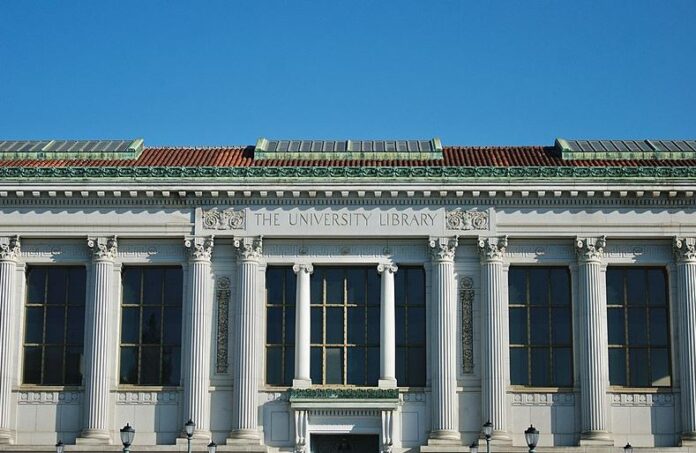The month of October commemorated Filipino American History Month, but the festivities were cut short at the UC Berkeley campus.
The university’s Doe Library had hosted exhibits celebrating the 50th anniversary of the department of South and Southeast Asian Studies. A portion of the exhibit featured the works of several White male Berkeley scholars such as David Barrows and Bernard Moses, who championed U.S. colonization of the Philippines.
The materials subsequently sparked backlash from UC Berkeley students, faculty and alumni, as well as those of Filipino descent. They argued the exhibit depicted Filipino history and scholarship through a racist lens. Though a 300-word addendum was added to the exhibit, the entire display was later removed entirely. Other South/Southeast country displays remained up while Filipinos were left with nothing, Inquirer.Net reported.
The heart of this conflict lies in the obscured history of American conquest in the Philippines. Daniel Immerwahr, a history professor at Northwestern University, detailed this story in his book, How to Hide an Empire: A History of the Greater United States.
In its quest to gain independence from Spain, the Philippines drew an alliance with the U.S. After supporting the American victory, the Filipinos’ jubilation soon descended into outrage when it became clear the U.S. would not let the Philippines govern their own affairs. The Philippines essentially functioned as an American colony. They were reliant on the United States. The country housed diplomats, trained nursing personnel according to American standards, and taught schools in English.
After being colonized by the Spaniards for 327 years, the Philippines remained under American subjugation for another 48 years before it gained independence in 1946.
Given this fraught history, it is no wonder the exhibit was rejected. Catherine Ceniza Choy, a tenured Filipino American professor of ethnic studies told NBC News she was not consulted for the opening of the exhibit.
“There’s a way in which these representations also perpetuate how White American men specifically are historical agents and actors and that the Philippines’ peoples and Filipino Americans in the diaspora,” Choy said. “We are of the past. We are not dynamic. We are not actors who are central in this history.”
AsAmNews has Asian America in its heart. We’re an all-volunteer effort of dedicated staff and interns. Check out our new Instagram account. Go to our Twitter feed and Facebook page for more content. Please consider interning, joining our staff, or submitting a story, or making a contribution.

